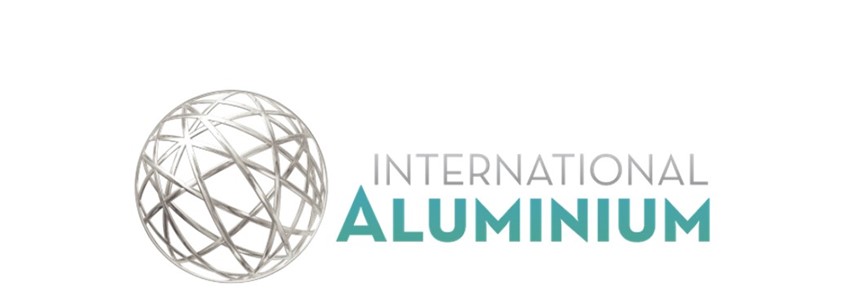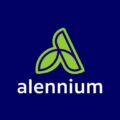The IAI (International Aluminum Institute) represents 25 producers and 20 downstream customers and companies that are part of the Aluminium Forward 2030 alliance. This coalition will work together to establish a plan that will serve as an action plan to meet the United Nations Sustainable Development Goals and achieve a net reduction in emissions.
In view of the need to address one of the biggest global challenges, the IAI has undertaken joint initiatives with several industry players, including the beverage can, automotive, electrical, transportation and construction markets to boost circulation and reduce atmospheric emissions. These collaborations have been inspired by some that already existed within the beverage can sector.
The aluminum industry is taking steps to reduce global warming and combat climate change. This is why the Aluminium Forward 2030 coalition has been created, which aims to facilitate progress towards a sustainable future. This coalition aims to study not only emissions, but all aspects of sustainability with a view to achieving net zero carbon.
Several aluminum-related companies, such as Jaguar Land Rover, Ball and Crown Holdings, Ardagh Metal Packaging, Nexans and Gränges Technology, have supported the Aluminium Forward 2030 initiative. This coalition seeks to maintain and improve the social benefits of aluminum in its various uses. It also gives its members the chance to be part of an educational community that will transform the entire industry as well as the future of supply chains.
Vincent Dessale of Nexans explained why they decided to join Aluminium Forward 2030. This partnership aims to share best practices, tools and technologies to combat climate change. The group will use low-carbon aluminum in the manufacture of its products, and will also offer a cable waste recovery service to benefit both customers and partners. They are committed to working with others to achieve positive environmental progress.
Ramon Arratia, global vice president and chief sustainability officer of Ball Corporation, said, “Aluminum has great potential for decarbonization in the short to medium term with circularity and other levers. We look forward to working with the IAI and the Aluminium Forward 2030 coalition to accelerate the decarbonization of our sector by collaborating with the entire value chain.”
The knowledge and experience of each coalition member will be used to help aluminum producers adjust their transformation strategies to meet their sustainability needs and those of their customers.
John Rost, Crown Holdings’ Vice President of Global Sustainability and Regulatory Affairs, added: “The future of our planet requires us to be active participants in making change happen. We cannot be bystanders. For this reason, we are proud to be part of Aluminium Forward 2030. Sustainability is a focus of everything we do. In our own organization, we are advancing our Twentyby30 sustainability program by utilizing more renewable electricity solutions and reducing our energy consumption, as well as driving towards ambitious recycling rate targets to reduce waste of materials and resources. Only through sharing strategies can we do all we can to minimize our carbon footprint and fight climate change.”
Gränges has decided to join Aluminium Forward 2030 to commit to the development of aluminum solutions that are sustainable and circular and the decarbonization of the industry. “Strong partnerships and collaboration will be essential to achieving net zero emissions and ultimately to a sustainable future. It is essential that our industry comes together to share ideas, best practices and help solve real challenges that will make a real difference. That is why we have decided to join Aluminium Forward 2030,” said Sofia Hedevåg, SVP Sustainability at Gränges.
Finally, IAI Secretary General Miles Prosser added: “The world is facing a climate crisis and reducing greenhouse gas emissions has become a priority for nations and businesses. But the race to net zero carbon is multifaceted and must equally encompass other global sustainability challenges, including social inequalities, biodiversity loss, circularity and access to freshwater. The IAI recognizes that net zero carbon must also meet other sustainability challenges.”














